Human evolution
Aeon Essays and Videos on Human evolution
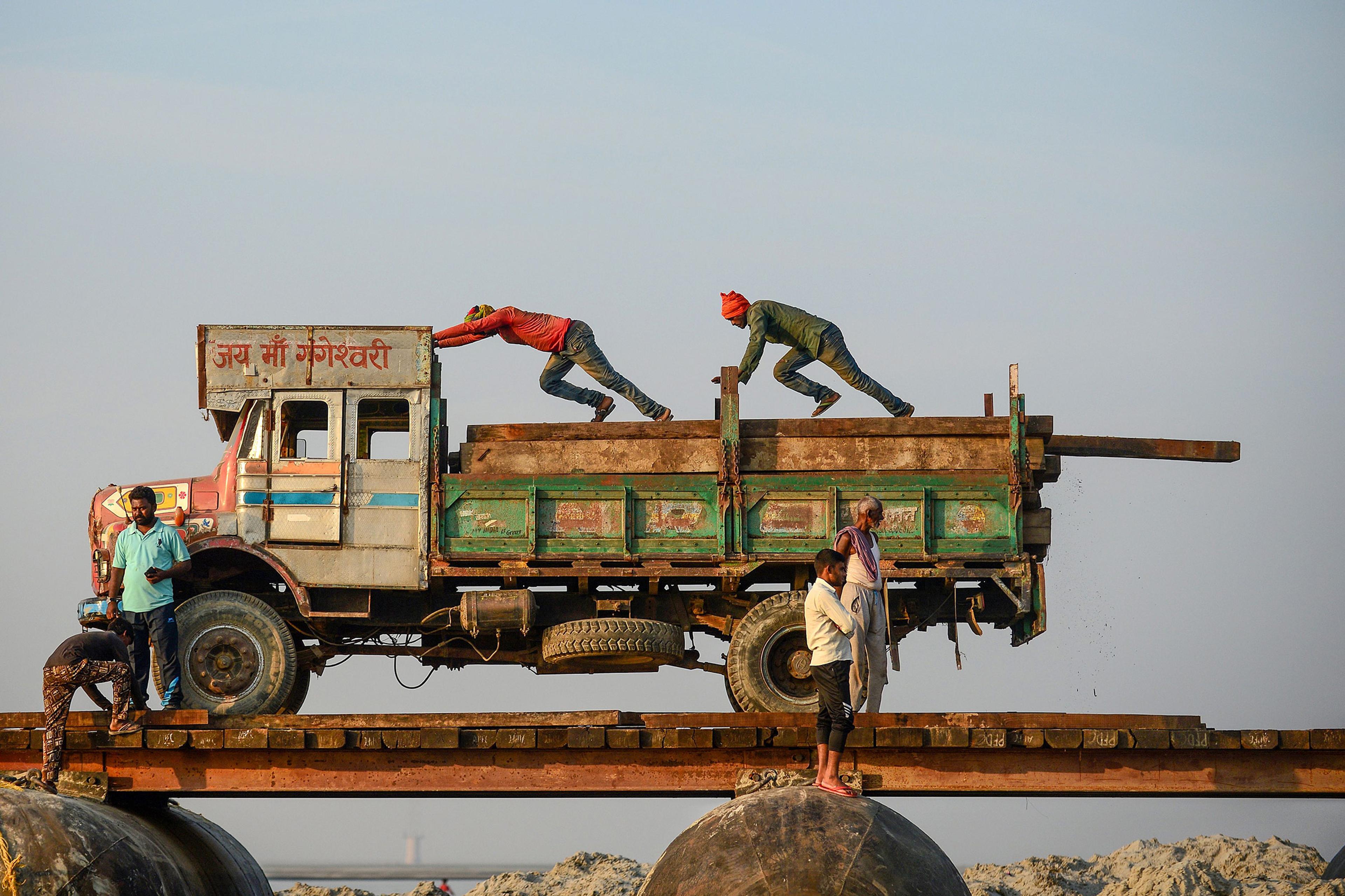
essayHuman evolution
How selfish are we?
An age-old debate about human nature is being energised with new findings on the tightrope of cooperation and competition
Jonathan R Goodman

essaySleep and dreams
What sleep is
It is our biggest blind spot, a bizarre experience that befalls us every day, and can’t be explained by our need for rest
Vladyslav Vyazovskiy

essayHuman evolution
The other Homo sapiens
We are just one branch of a diverse human family tree. Aside from Neanderthals, who were they – and why did we replace them?
Nick Longrich

essayNeuroscience
The entangled brain
The brain is much less like a machine than it is like the murmurations of a flock of starlings or an orchestral symphony
Luiz Pessoa

essayHuman evolution
The commitment to collaborate
Though natural selection favours self-interest, humans are extraordinarily good at cooperating with one another. Why?
Saira Khan

essayHuman evolution
The eugenicist of UNESCO
Why did Julian S Huxley, first director of the UN agency, think eugenics held the key to a more evolved, harmonious world?
Stefan Bernhardt-Radu

videoEvolution
How – and how not – to think about the role randomness plays in evolution
60 minutes

essayHuman reproduction
Baby talk
When babies are born, they cry in the accent of their mother tongue: how does language begin in the womb?
Darshana Narayanan
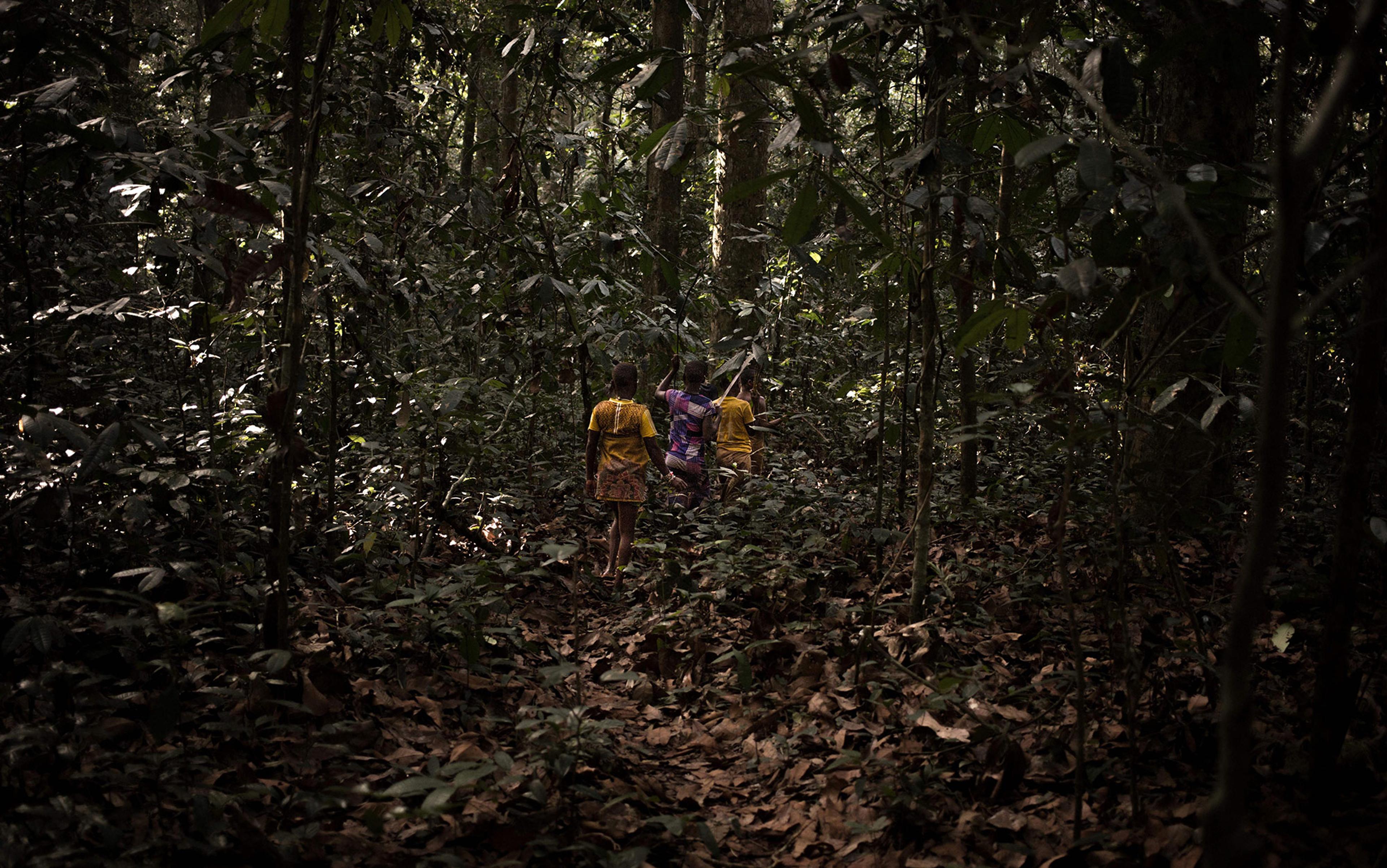
essayAnthropology
Societies of perpetual movement
Why do hunter-gatherers refuse to be sedentary? New answers are emerging from the depths of the Congolese rainforest
Cecilia Padilla-Iglesias
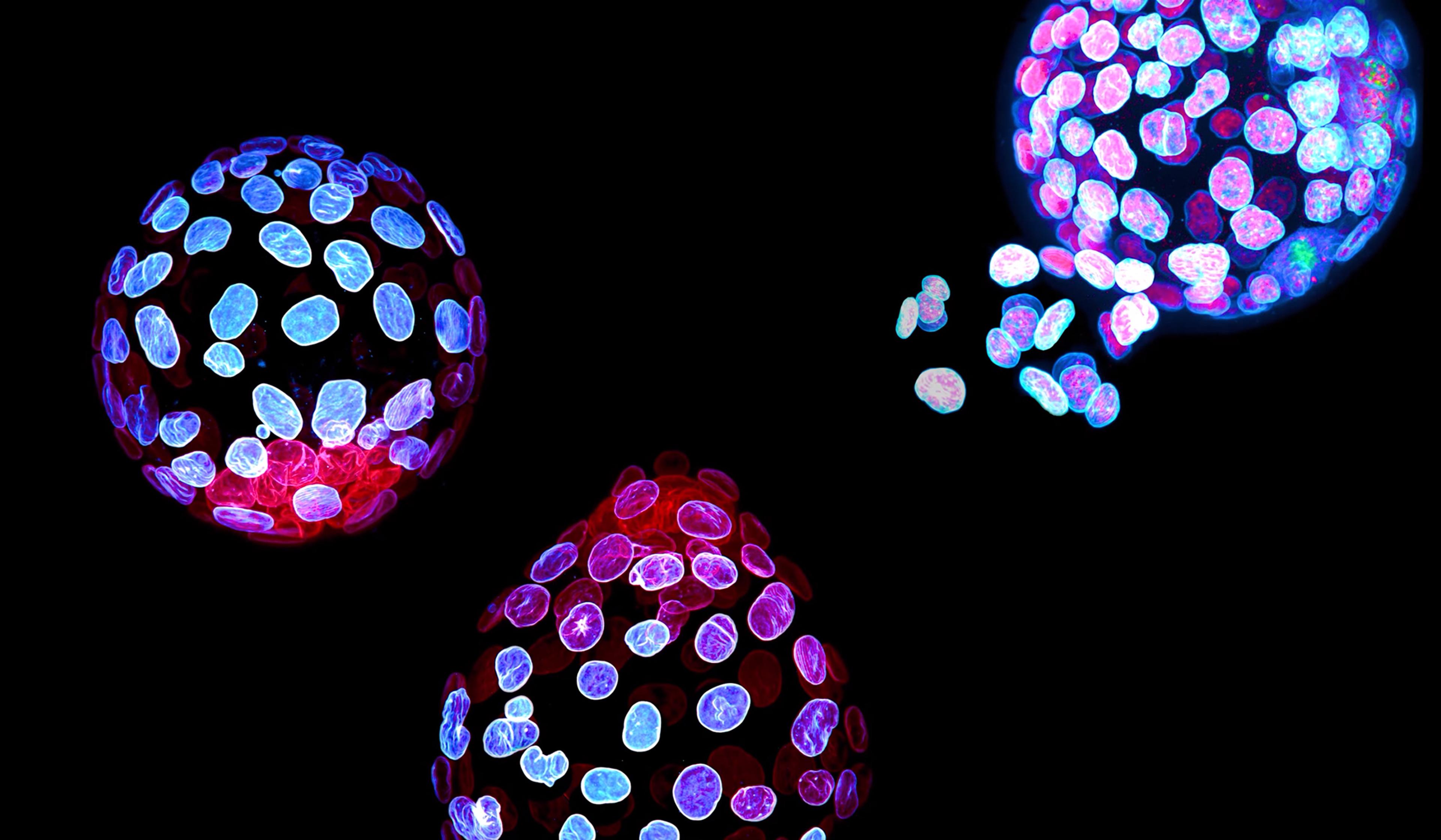
videoBiology
Explore a bioluminescent world of cellular life via cutting-edge microscopy
27 minutes
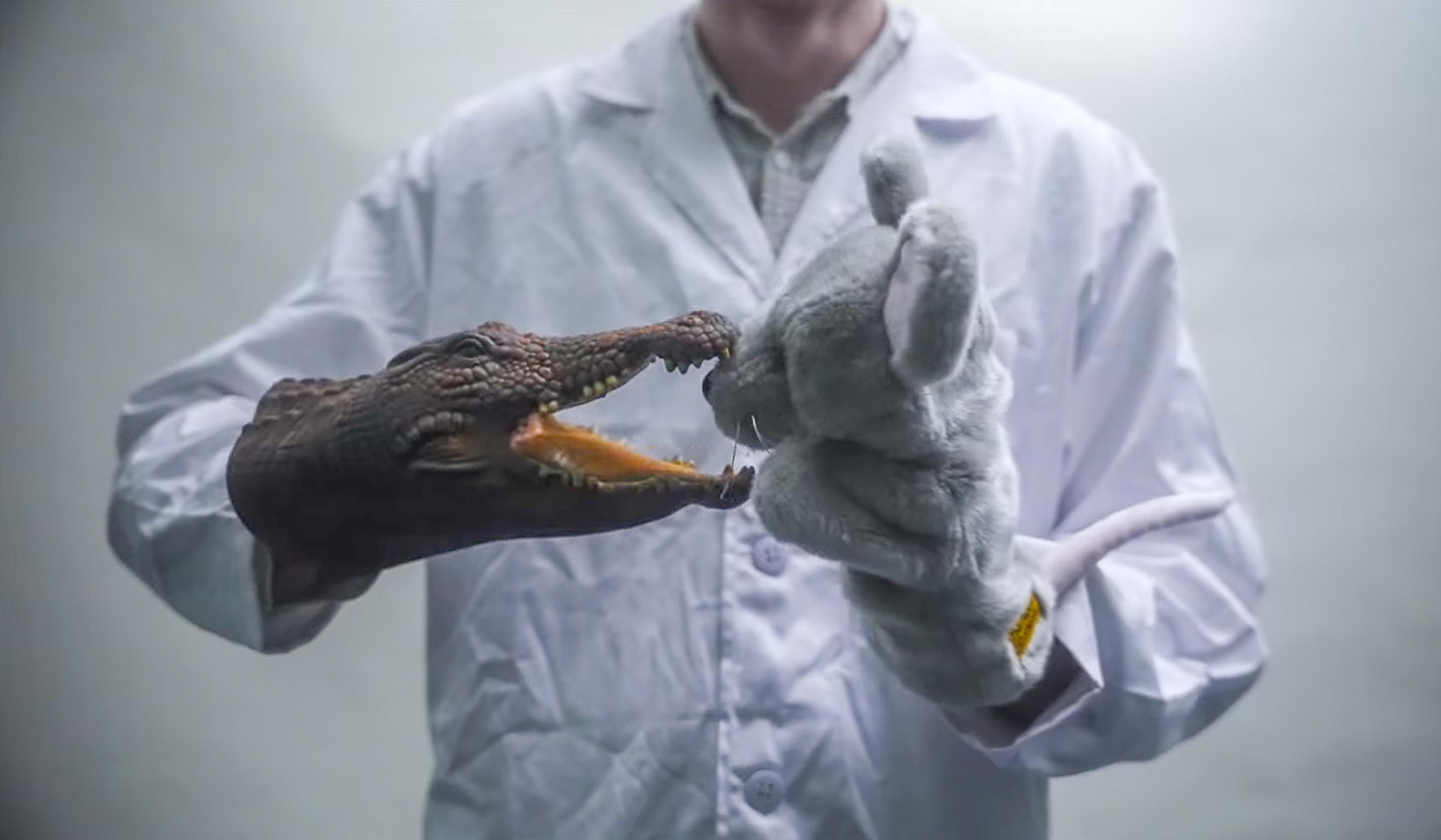
videoDeath
Even in modern secular societies, belief in an afterlife persists. Why?
9 minutes
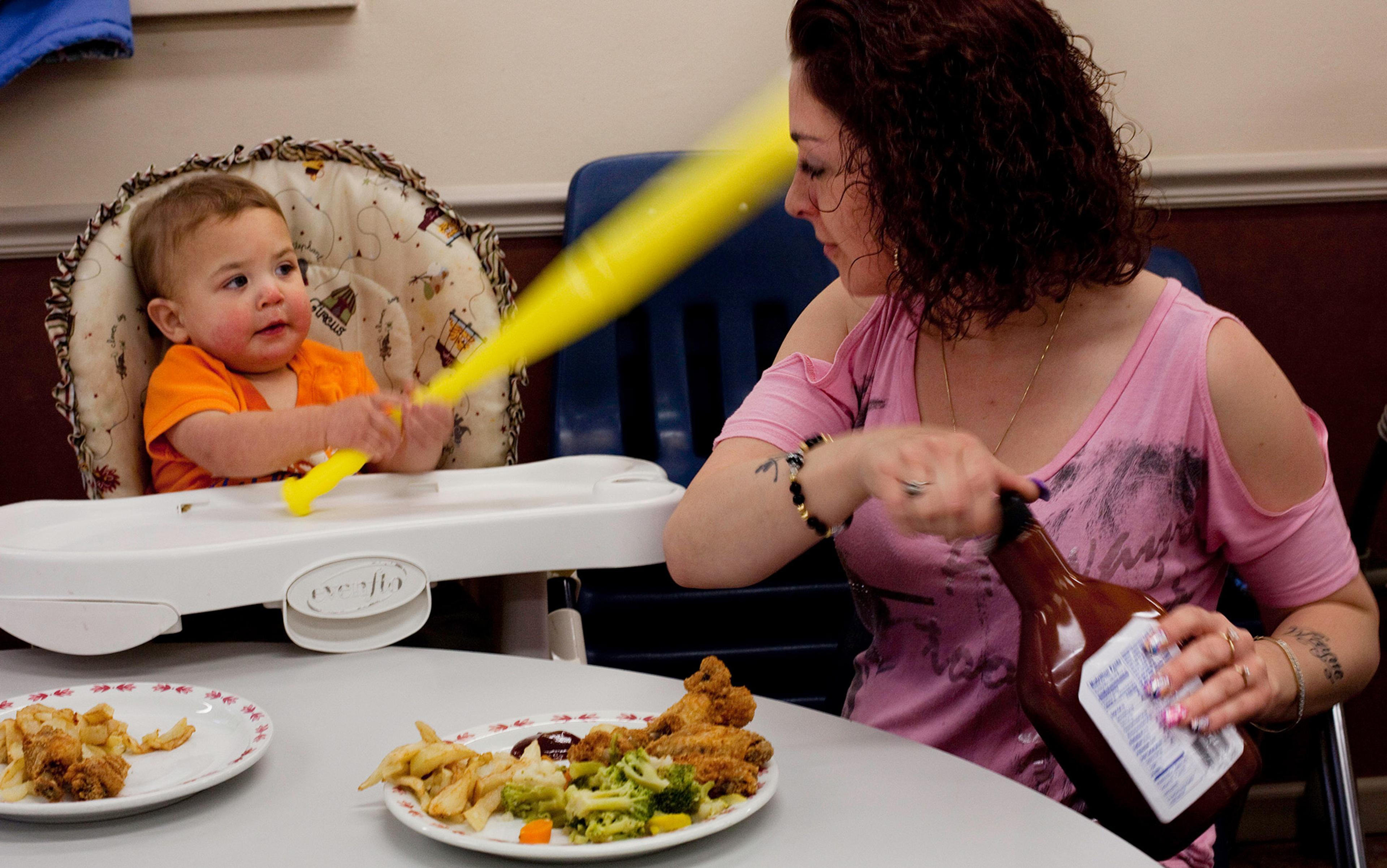
essayHuman evolution
How to grow a human
Our childhood is preposterously long compared to other animals. Is it the secret to our evolutionary success?
Brenna Hassett
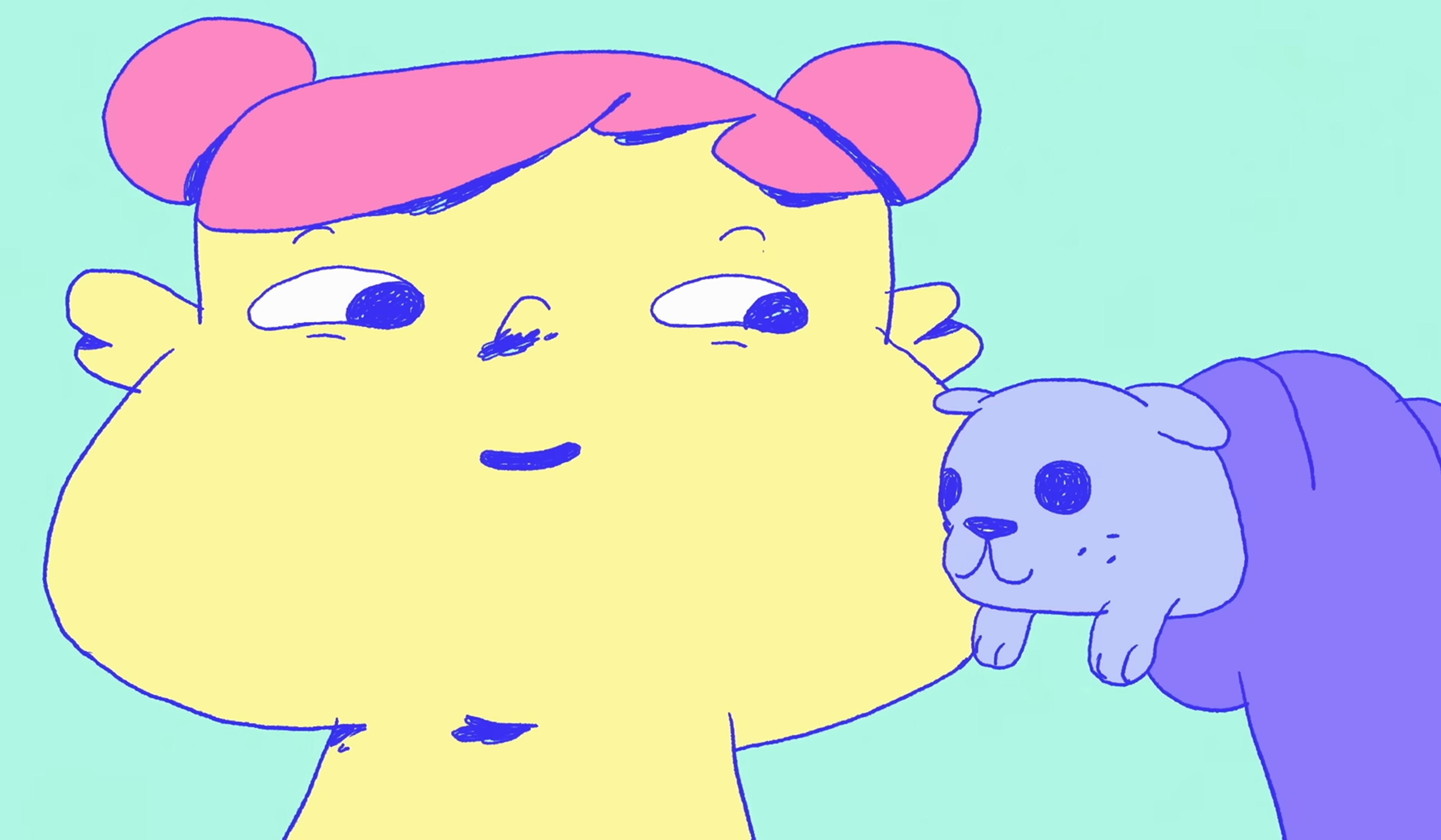
videoHuman evolution
Far from frivolous, cuteness is a powerful – and still mysterious – force of nature
6 minutes
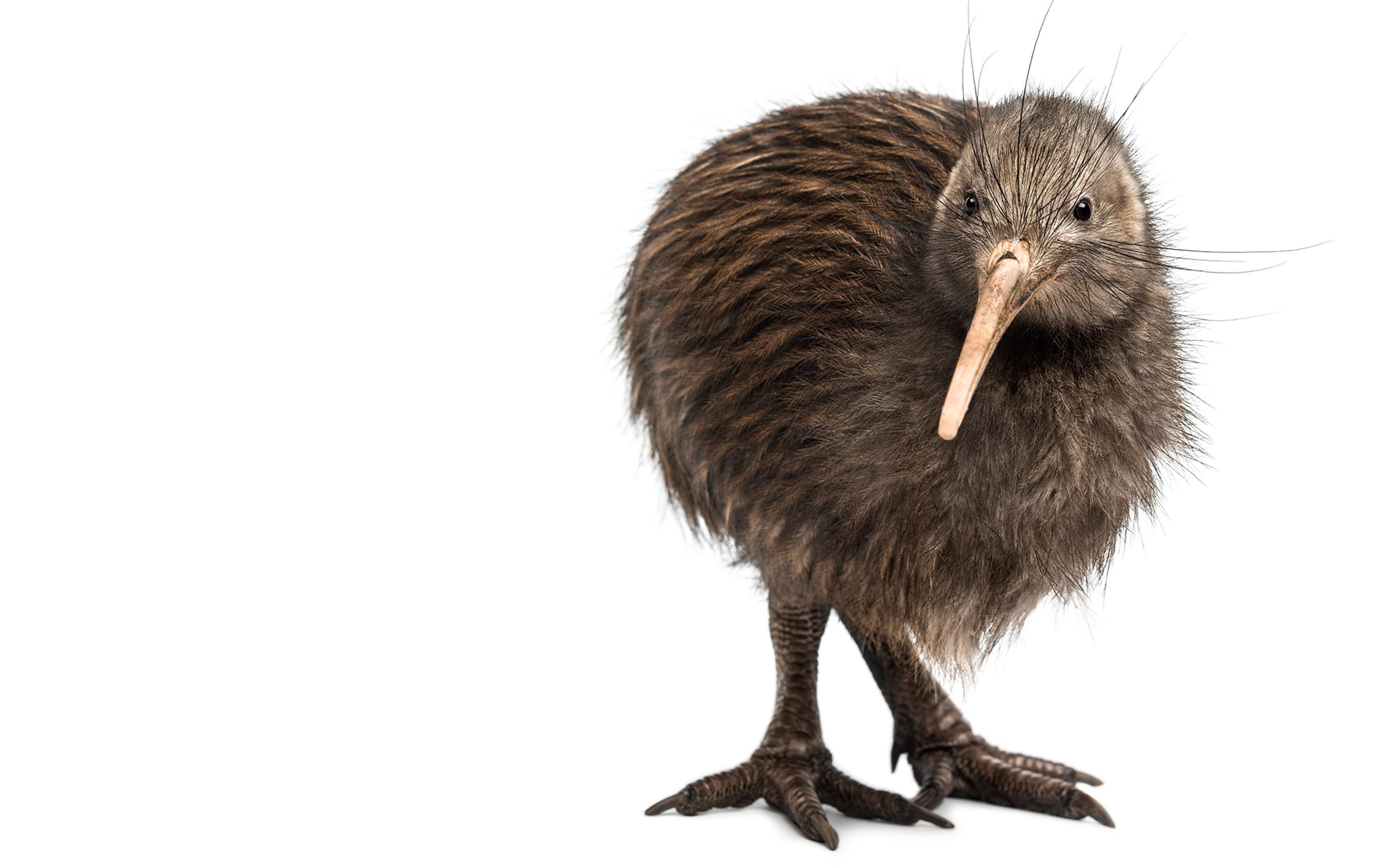
essayHuman evolution
How like the kiwi we are
To understand helpless human babies, our big brains and oddly involved dads, look to the evolution of birds not mammals
Antone Martinho-Truswell
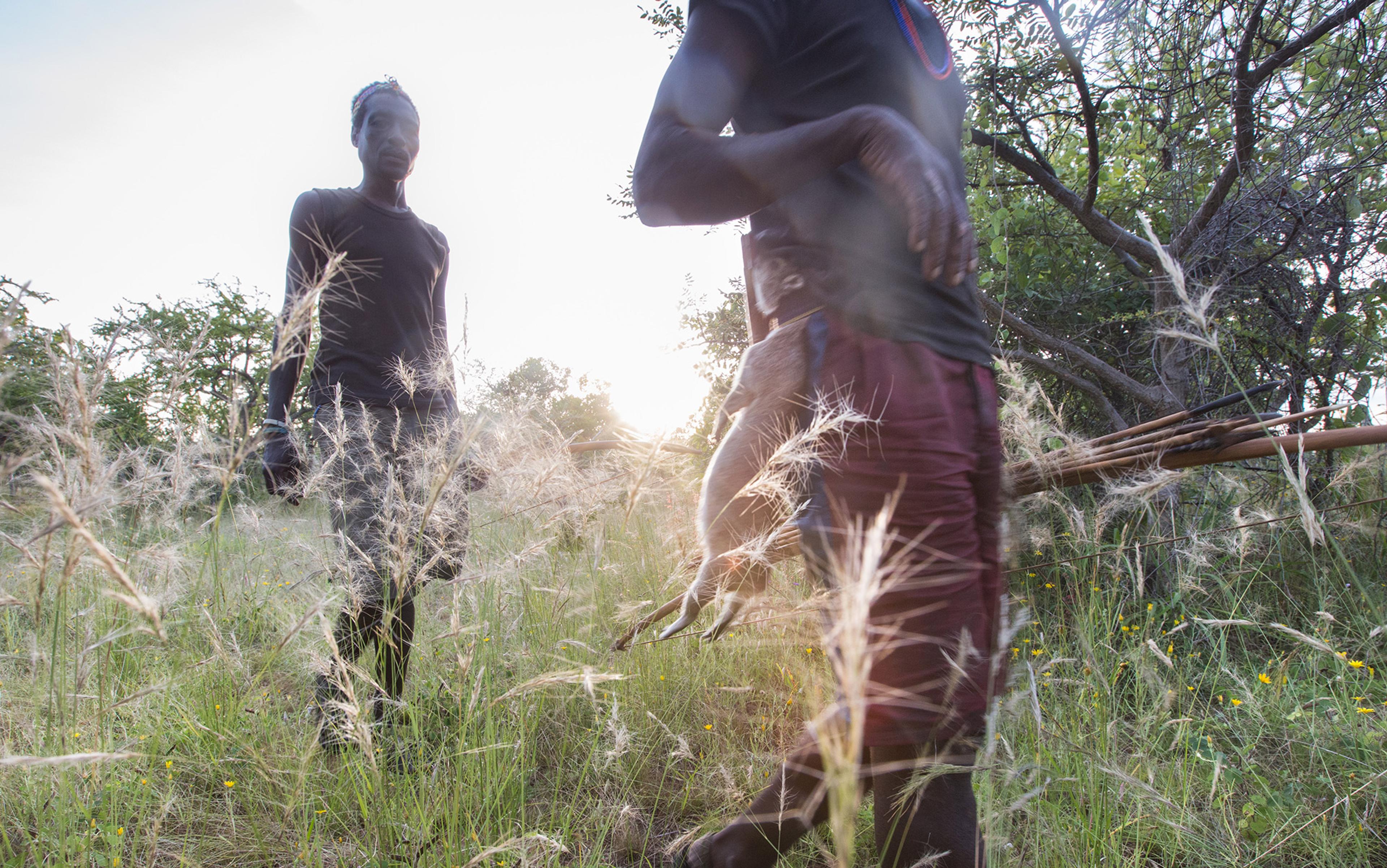
essayAnthropology
Lessons from the foragers
Hunter-gatherers don’t live in an economic idyll but their deep appreciation of rest puts industrialised work to shame
Vivek V Venkataraman
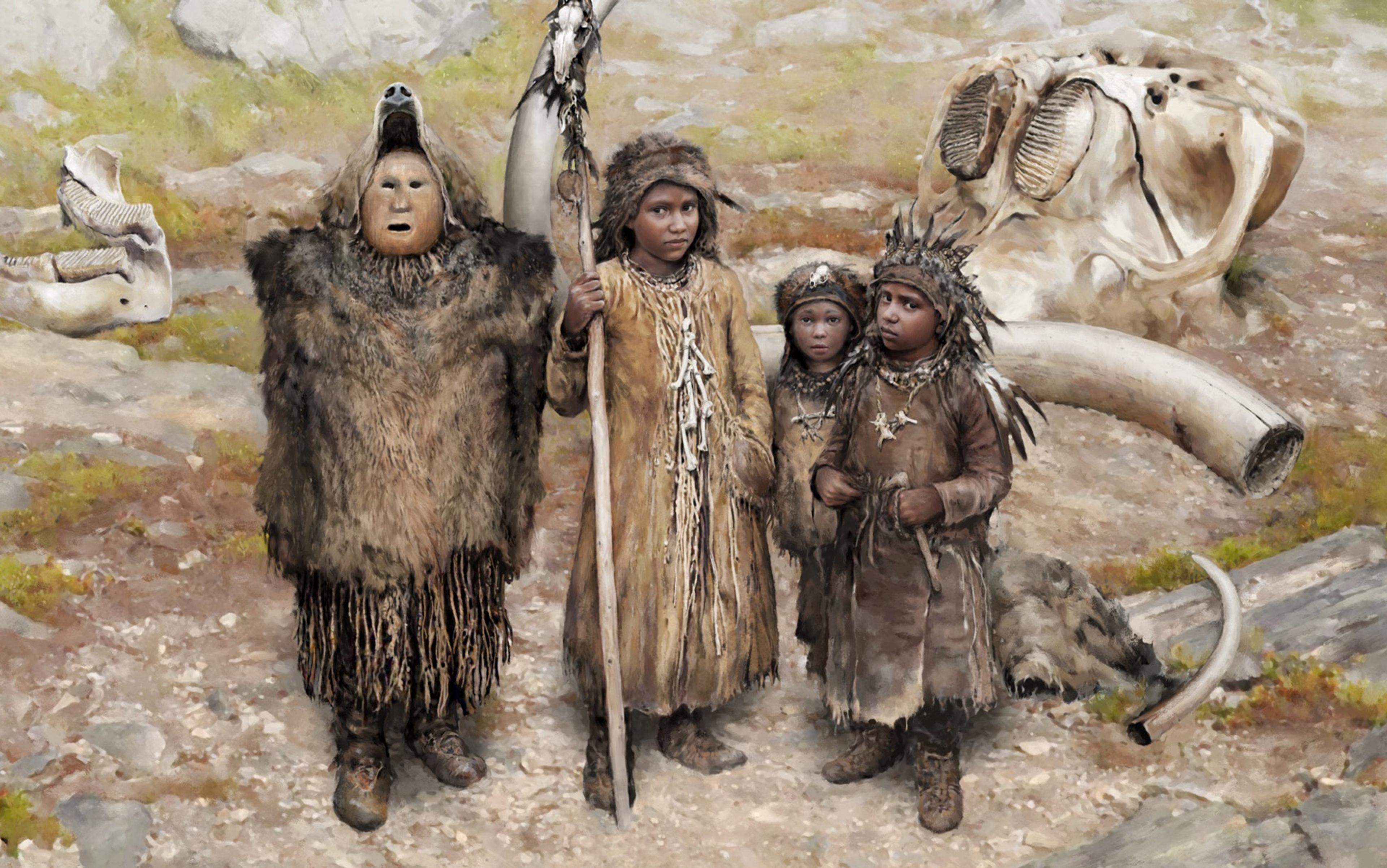
essayArchaeology
Children of the Ice Age
With the help of new archaeological approaches, our picture of young lives in the Palaeolithic is now marvellously vivid
April Nowell
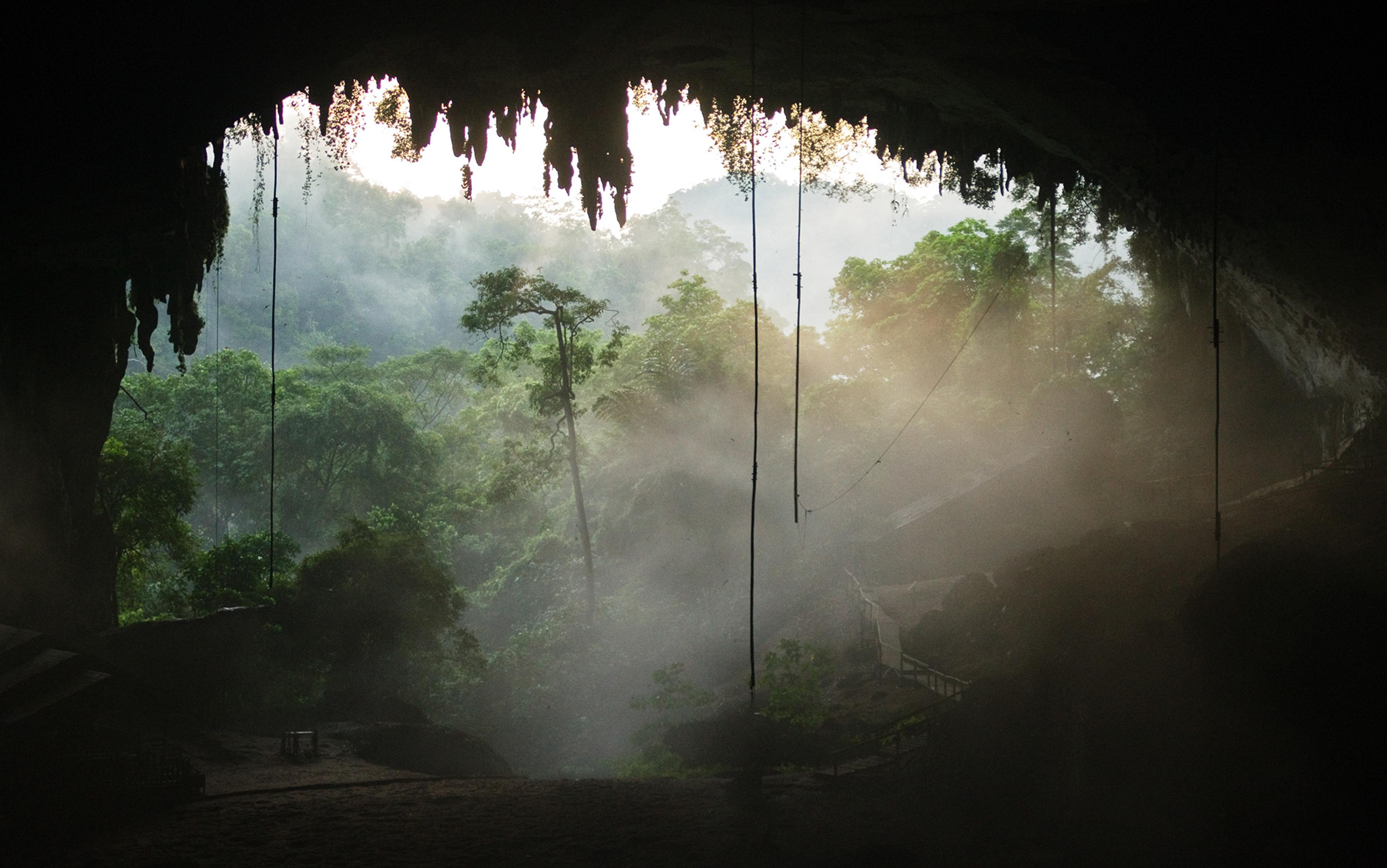
essayHuman evolution
Out of the forest
We have thought of humans for a century or more as creatures of the savannah, shaped in every way by grassland life. Not so
Patrick Roberts
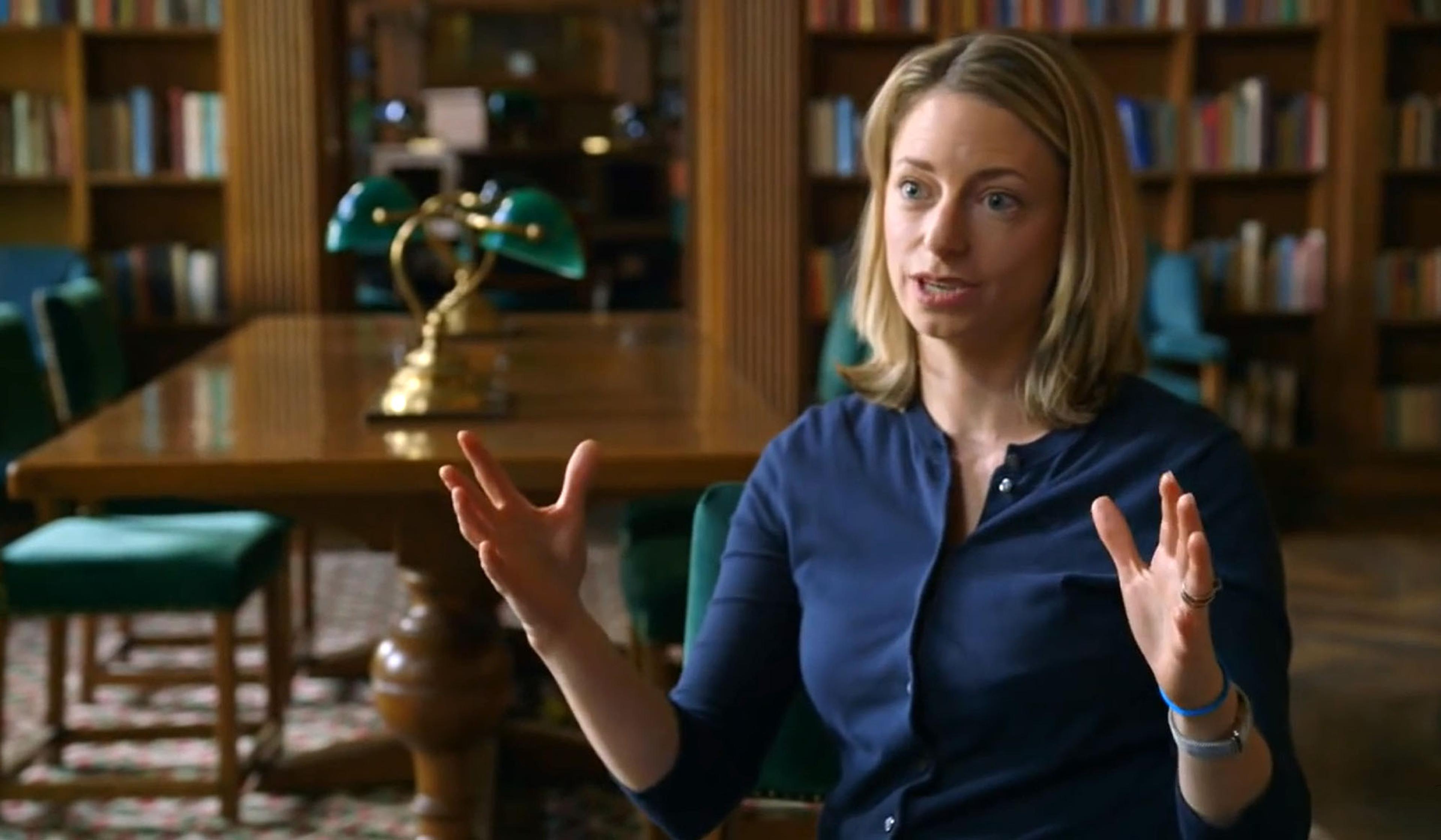
videoNeuroscience
The brain repurposed our sense of physical distance to understand social closeness
5 minutes
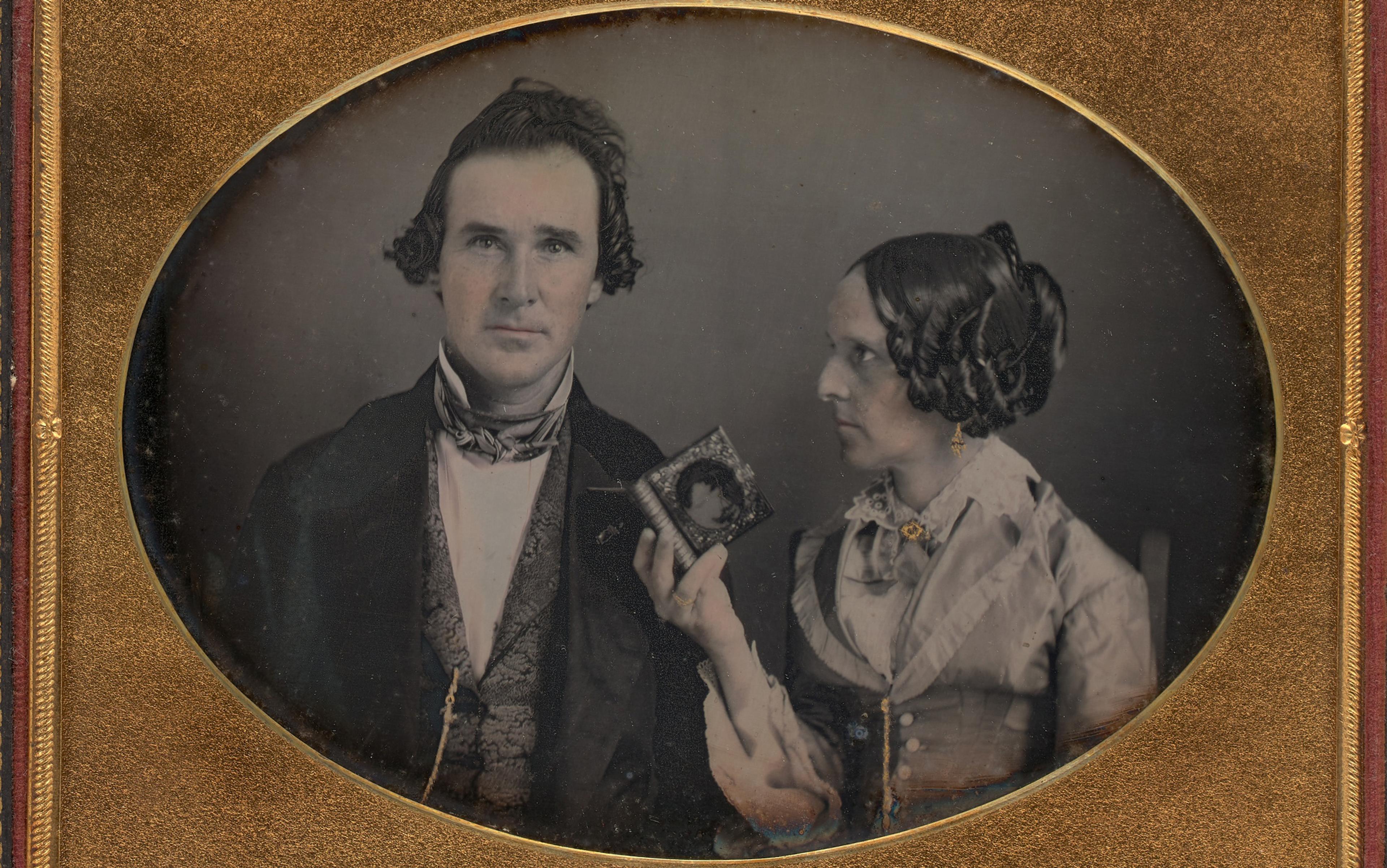
essayLove and friendship
Tainted love
Love is both a wonderful thing and a cunning evolutionary trick to control us. A dangerous cocktail in the wrong hands
Anna Machin
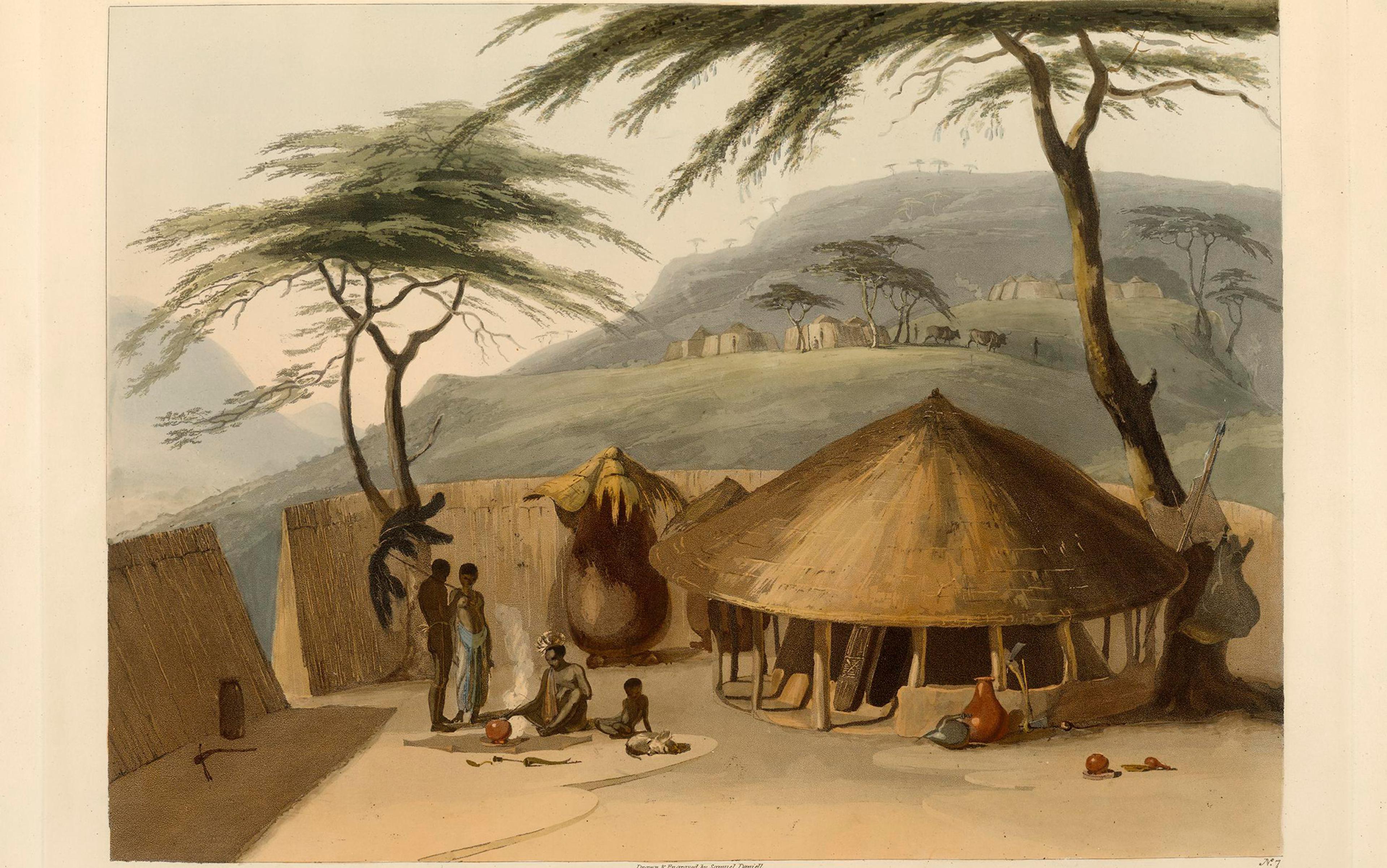
essayAnthropology
Primitive communism
Marx’s idea that societies were naturally egalitarian and communal before farming is widely influential and quite wrong
Manvir Singh
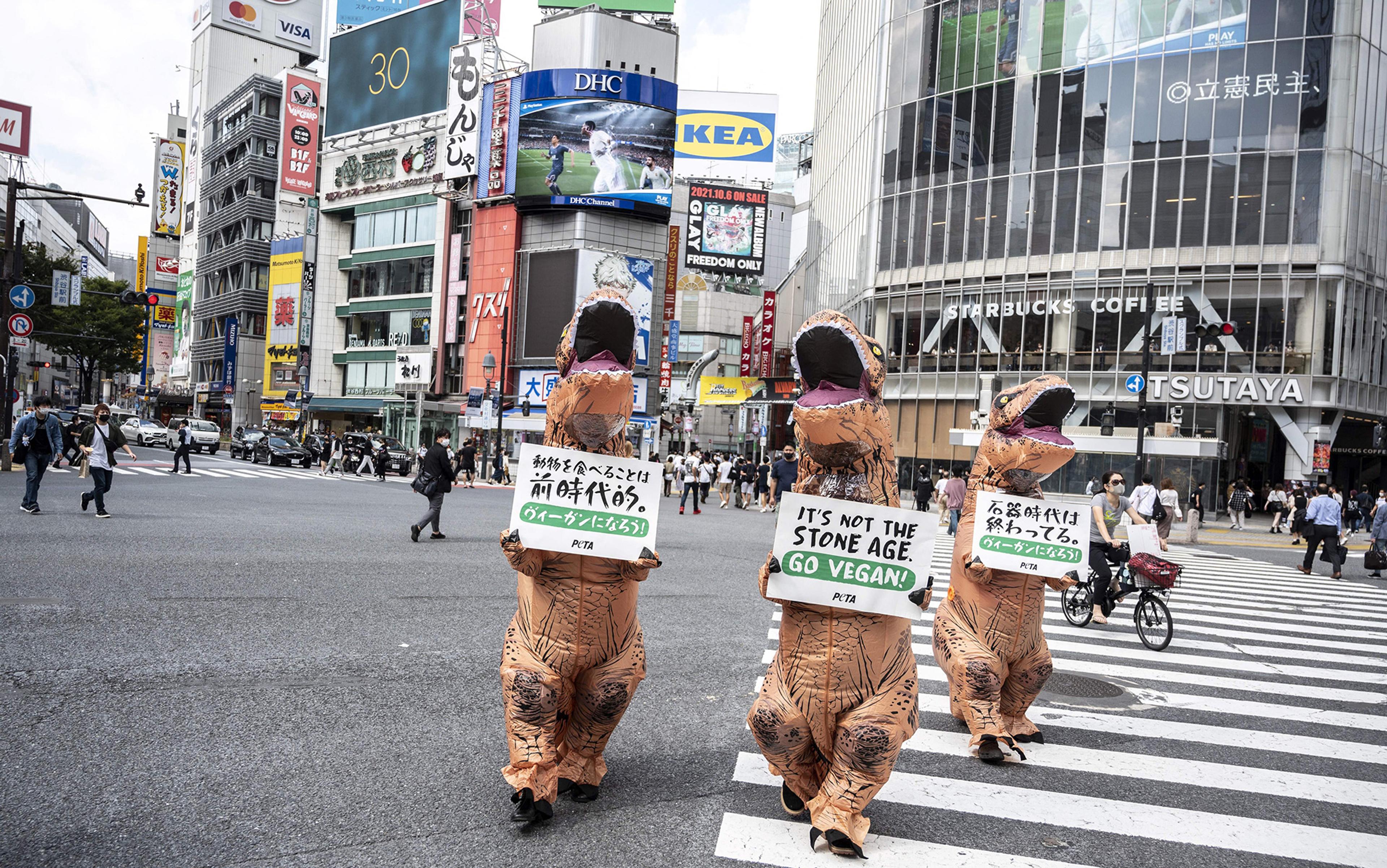
essayVirtues and vices
Is virtue signalling a vice?
Proclaiming one’s own goodness is deeply annoying. Yet signalling theory explains why it’s a peculiarly powerful manoeuvre
Tadeg Quillien
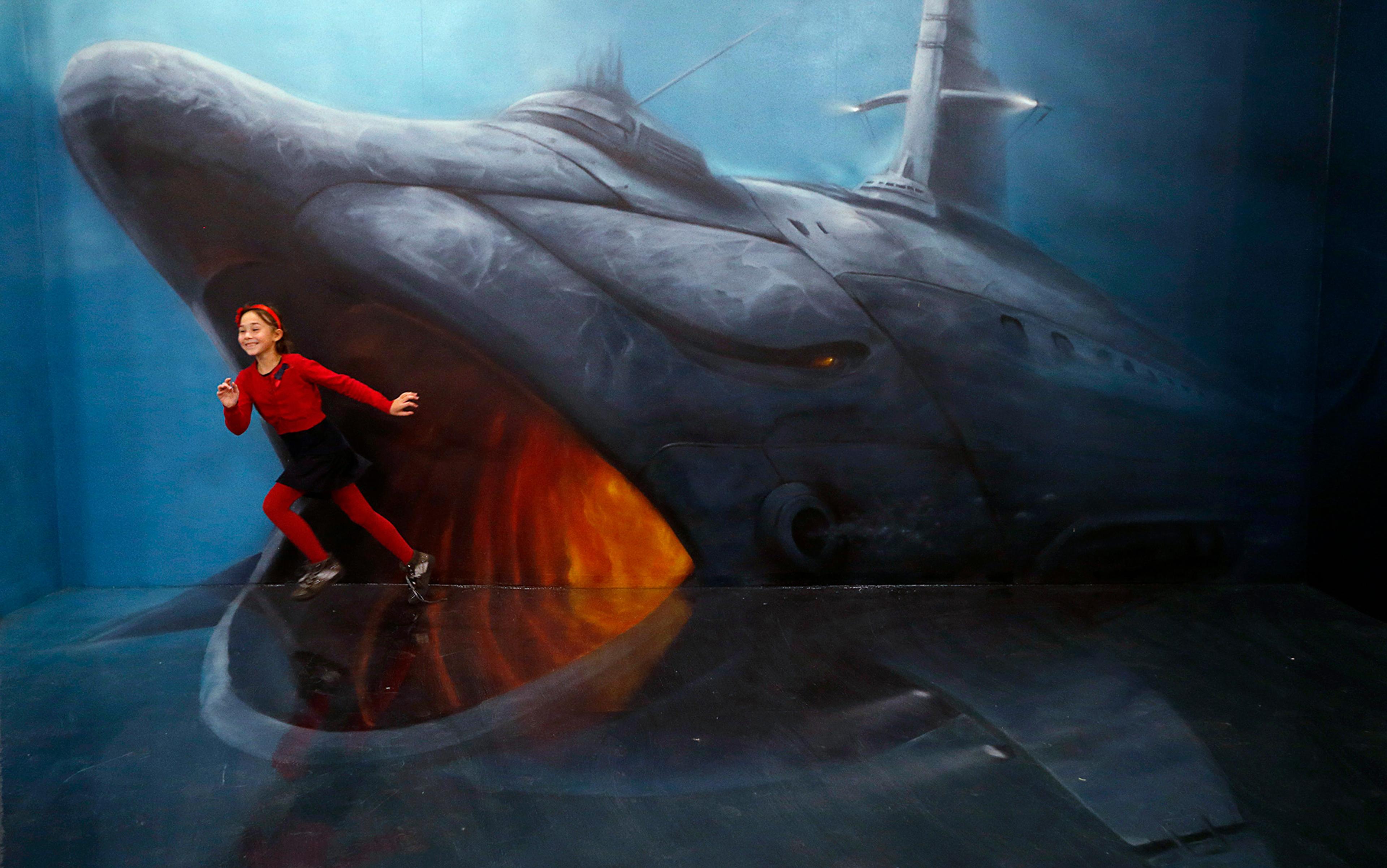
essayHuman evolution
Homo imaginatus
Imagination isn’t just a spillover from our problem-solving prowess. It might be the core of what human brains evolved to do
Philip Ball
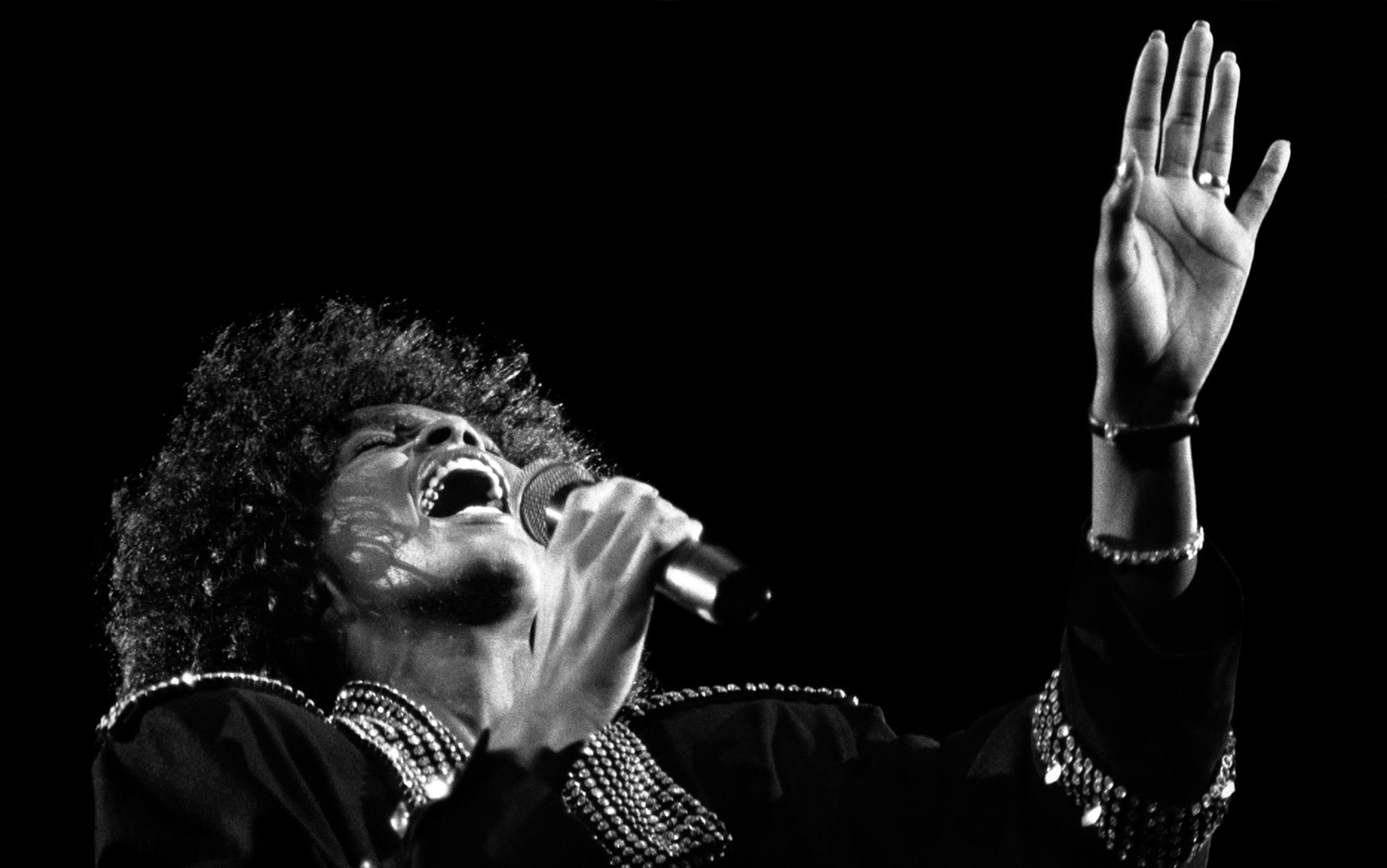
essayMusic
Music and sex
A song can take you on a journey of ecstatic arousal. Is music imitating sex, inviting it, or something else altogether?
Michael Spitzer
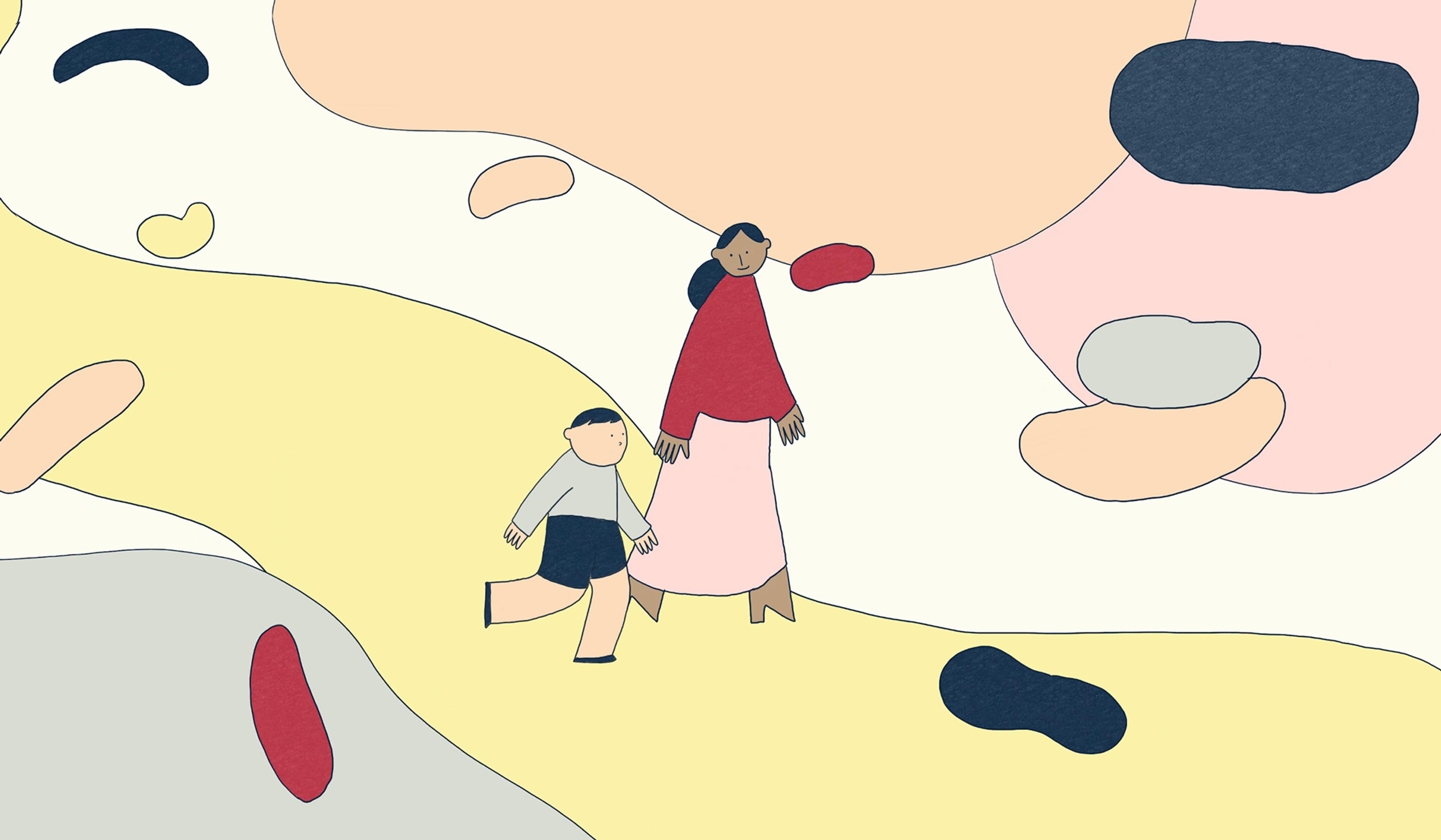
videoPhilosophy of mind
Caring for the vulnerable opens gateways to our richest, deepest brain states
7 minutes